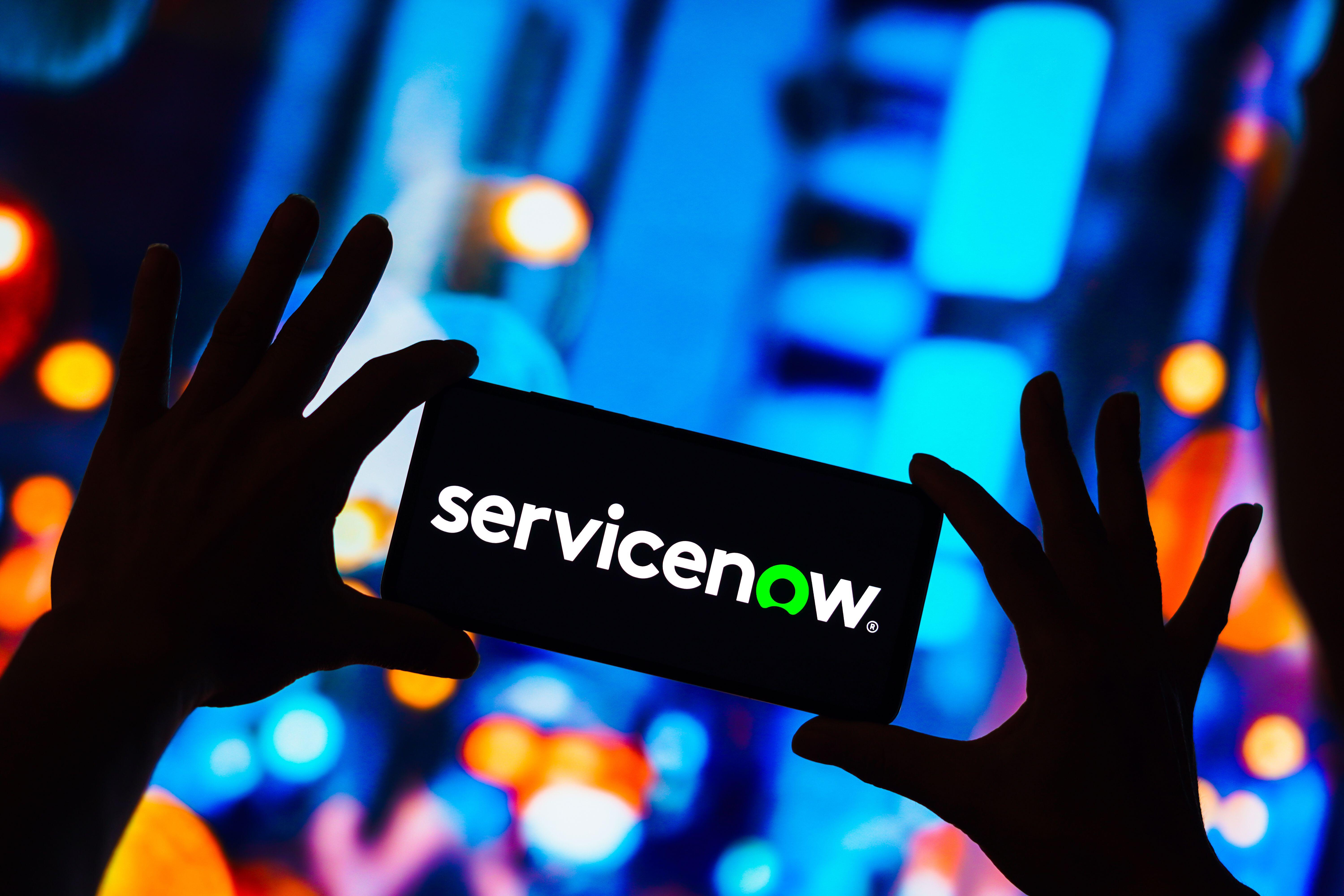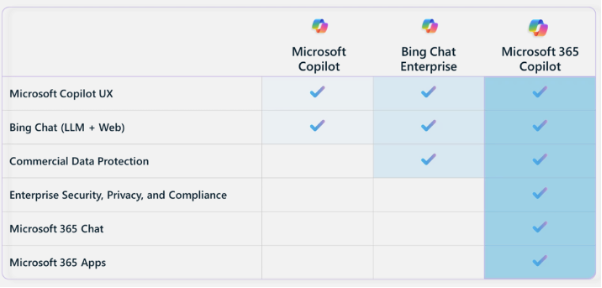Welcome to this week’s No Jitter Roll, our regular roundup of product news in the communication and collaboration spaces. This week, NJR highlights: ServiceNow's Vancouver release, which introduces new capabilities while also embedding generative AI across its Now Assist offering; Microsoft’s schedule for the rollout dates and stages for Copilot; NICE adds new features to CXone including some AI-powered capabilities, Cresta provides a path to using generative AI in on-premises contact centers, and Creston debuts new hotdesking hardware.
ServiceNow Launches New Capabilities in Now Platform Vancouver Release
The digital workflow company has integrated generative AI-based functionality along with other new features into its Now Platform Vancouver release. The newest feature of the ServiceNow Vault (a set of encryption, data privacy and secrets management tools) is Zero Trust Access which helps customers safeguard the type of access available to a user in a session based on various risk parameters like location, network, user risk, and device.
The company’s Third-Party Risk Management product now includes inherent risk questionnaires and out‑of‑the box due‑diligence workflows. ServiceNow has also introduced Software Bill of Materials (SBOM) management which allows a company to process and ingest software components inventory, gain insights into how that software is used within business applications, assess security risk, and drive response workflows.
Other new offerings include:
- Clinical Device Management (CDM), which simplifies how healthcare providers install, service, manage, and maximize the life of devices, such as MRI and X‑ray machines. CDM automates the upkeep and management of these devices, guides staff on ordering parts, and identifies the best technicians for device maintenance.
- Accounts Payable Operations (APO), which is an enhancement to Source to Pay Operations and is part of ServiceNow’s Finance and Supply Chain Workflows. APO automates the accounts payable process, and allows teams to digitize the invoice receipt, reconciliation, and payment process.
- Employee Growth and Development (EGD), which uses AI to collect, validate, and update employee skills data. Managers can create customized and trackable growth plans for employees that align skills development to career ambitions. Employees can define career aspirations, explore career options, and self‑drive career progression through guided actions. AI‑powered recommendations and proactive prompts can inform career conversations between managers and employees.
Generative AI in Now Assist
With respect to generative AI, ServiceNow has released its domain‑specific ServiceNow large language model (Now LLM) to power new features within Now Assist such as case, incident, and agent chat summarization, virtual agent, and search capabilities.
In a related blog post, ServiceNow said that more than 150 customers have used early versions of Now Assist. Those customers reported multiple benefits including “increased self-service for lower case count, faster resolution times, improved customer satisfaction and agent productivity, better post-case documentation and closure.” Those customers also stated that they have been able to implement ServiceNow-based generative AI solutions in weeks.
This generative AI capability is available in:
- Now Assist for IT Service Management (ITSM): Virtual Agent interactions will deliver complete answers instead of search results, and provide IT staffers and agents with contextual summaries of incidents and resolution notes.
- Now Assist for Customer Service Management (CSM): It will generates summaries for cases and chats. It will also provide customers with an improved self‑service experience.
- Now Assist for HR Service Delivery (HRSD): HR staff will get summaries of case topics, previous history from live chat and Virtual Agent interactions, as well as previous resolutions and actions taken.
- Now Assist for Creator: The general availability of text‑to‑code converts natural language text into high‑quality code suggestions, and in some cases complete code. The model was trained on ServiceNow’s unique JavaScript syntax.
ServiceNow said that its customers can use the ServiceNow-developed LLMs or access other LLMs. Currently, this access includes Microsoft Azure OpenAI Service LLM and OpenAI API. The Now LLM was designed specifically for ServiceNow’s workflows, use cases, and processes, and are tailored to agents, employees, customers, and IT administrators who use ServiceNow.
ServiceNow has said that customers currently on a ServiceNow IT Service Management, Customer Service Management, or HR Service Delivery Pro or Enterprise solution can buy Professional Plus or Enterprise Plus add-ons to get access to generative AI capabilities in Now Assist. The Pro Plus and Enterprise Plus add-ons are also available for customers with industry solutions licenses. Those interested in Now Assist for Creator can purchase the Creator Plus license.
All Pro Plus, Enterprise Plus, and Creator Plus package add-ons are purchased by seat. Each seat allows users to execute a certain unspecified number of generative AI “assists.” Incident or case summarizations, for example, are called assists. In the blog post linked above, ServiceNow said that more complex interactions require more assists, whereas simpler interactions require fewer.
“By design, the initial entitlement should be all you need for your generative AI journey,” ServiceNow wrote. “If more generative AI capacity is needed at some point, customers can purchase additional assist packs.”
Microsoft Copilot Begins Rolling Out in Fall 2023
Microsoft announced that Copilot will begin rolling out as part of the company’s free update to Windows 11, starting Sept. 26 — and across Bing, Edge, and Microsoft 365 Copilot this fall. Microsoft 365 Copilot will be generally available for enterprise customers on Nov. 1, 2023.
Microsoft has provided resources (technical documentation, etc.) geared toward IT administrators on how to “prepare for Microsoft 365 Copilot.” The following graphic provides an overview of the Microsoft Copilot commercial SKU line-up.
NICE Announces Summer 2023 Release of CXone
The customer experience cloud solution provider added new capabilities to CXone, underpinned by Enlighten (NICE’s AI engine). First up is the new Integration Hub, a low-code/no-code interface allows businesses to plug in their third-party applications that make up their CX application stack into one “hub.”
CXone Supervisor workspace has been enhanced with Real Time Behavioral Guidance, powered by Enlighten. This new functionality monitors agents and channels (including digital) and will guide a supervisor’s attention to where it is most needed – e.g., real-time sales performance scores. NICE also announced CXone PM Application Analytics, which identifies opportunities for operation optimization and employee performance improvement. Finally, CXone ACD/IVR is now generally available on Microsoft Azure.
Cresta Expands Voice Platform Integrations to Include Hardphone Support
Cresta provides generative AI for contact centers. The new Cresta voice platform integrations to hardphones allows organizations with on-premise contact centers to use generative AI solutions which are cloud-based. Cresta itself provides Agent Assist (real-time agent guidance), Virtual Agent (conversation automation) and Director (for visibility into team performance and coaching).
"The latest breakthroughs in generative AI and LLMs have undoubtedly most benefited companies who have migrated to the cloud," said Tim Shi, CTO and co-founder of Cresta. For contact centers, “a full transition to the cloud can be a time-consuming and complex process, especially for larger, more mature organizations.”
Crestron Launches New Scheduling Devices for Hot Desking
The workplace collaboration technology vendor also introduced the new Crestron Desk Q and Desk Touch. Desk Q has a compact form factor and supports QR-code-based reservations which Crestron says is targeted at community workstations, hot desks, and hoteling use cases. The Desk Touch has a touch interface of the Desk Touch and is targeted toward semi-private offices, cubicles, and stand-ups. The Desk Touch is shipping now; the Desk Q will ship in Q1 2024.
This Week on No Jitter
In case you missed them, here are some of our top stories:










